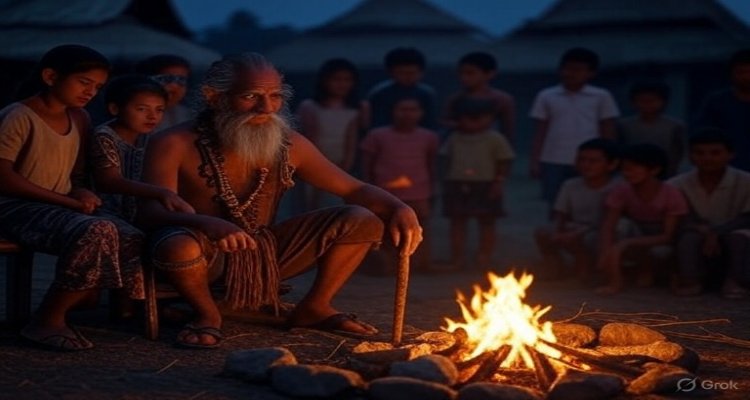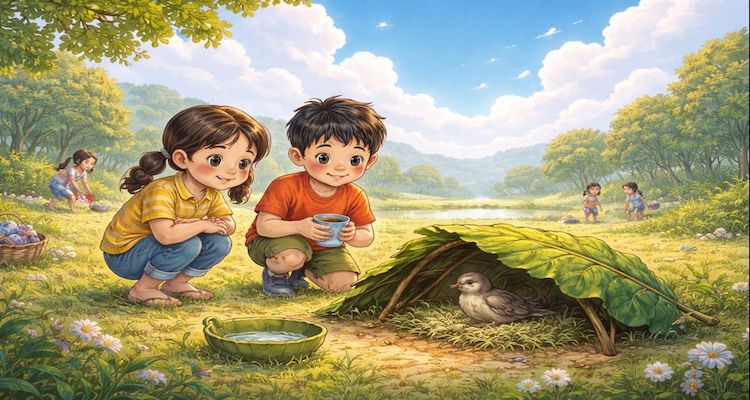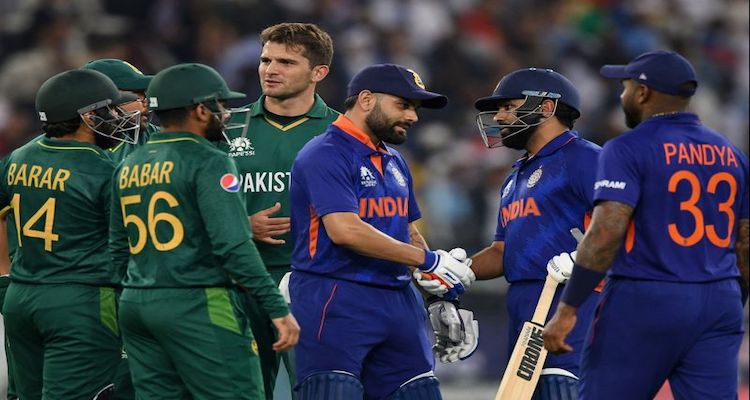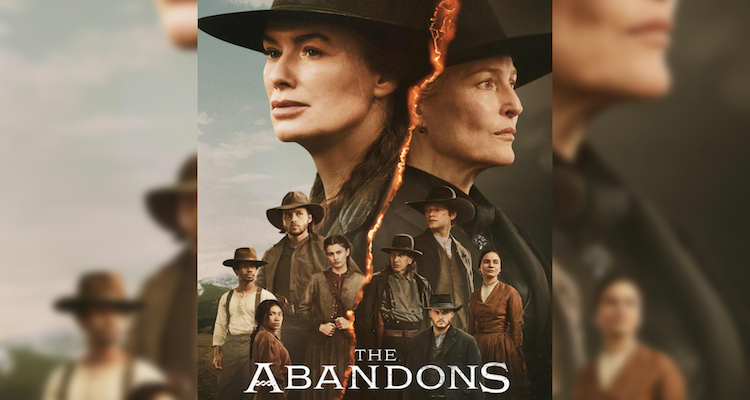How Storytelling Shaped Civilizations Before Writing Existed

For thousands of years before writing, storytelling preserved history, shaped culture, and united civilizations through shared memory and oral tradition.
Introduction: A World Without Written Words
Before the scratch of ink on parchment or the chisel on stone, humanity’s history lived only in the spoken word. In firelit gatherings and open-air markets, storytellers carried the weight of entire cultures in their voices, passing on knowledge, values, and identity to generations who had no scrolls or books to turn to. Storytelling wasn’t just entertainment — it was civilization’s lifeline.
The Context: Humanity’s First Archive
Long before the earliest writing systems emerged — Sumerian cuneiform around 3100 BCE and Egyptian hieroglyphs shortly after — communities relied on oral tradition to preserve their past.
In these pre-literate societies, the storyteller was both historian and philosopher. Myths explained natural phenomena, legends celebrated heroes, and cautionary tales instilled moral codes. From the Griots of West Africa to the First Nations elders of North America, these keepers of memory ensured that wisdom traveled across centuries without a single word written down.
Main Developments: The Power and Purpose of Oral Narratives
Storytelling’s role extended beyond mere remembrance. It served as:
- A Moral Compass: Ancient parables and fables often carried ethical lessons, shaping societal norms.
- A Survival Guide: In regions prone to floods, droughts, or storms, stories passed down vital environmental knowledge.
- A Unifying Force: Shared narratives fostered group identity, ensuring cultural cohesion in fragmented communities.
Take, for example, the Aboriginal Australians’ Dreamtime stories, which not only explained the creation of the world but also encoded geographic and ecological knowledge — functioning as living maps for survival in the harsh Outback.
Without writing, memory was the medium, and repetition was the safeguard. To maintain accuracy, many oral cultures used rhythm, rhyme, and formulaic phrases — the same poetic devices that still make epic poems like The Iliad and The Odyssey memorable today.
Expert Insight: Memory as Civilization’s Engine
“Before writing, memory wasn’t just personal — it was a public resource,” says Dr. Emily Sanderson, an anthropologist specializing in oral history at the University of Cambridge. “Storytellers were entrusted with the collective wisdom of their people. If they forgot, an entire history could vanish overnight.”
Public engagement with stories was equally important. In societies where elders told tales to the young, listeners were often expected to become future narrators themselves, creating a self-renewing cycle of preservation.
Impact & Implications: Storytelling’s Enduring Blueprint
Even after the invention of writing, oral storytelling didn’t disappear — it evolved. Written epics were still performed aloud, medieval bards continued to sing of kings and battles, and in many cultures today, oral traditions remain central.
In modern education, storytelling is experiencing a renaissance, recognized for its ability to improve memory retention and emotional connection in ways digital text alone cannot.
Understanding storytelling’s prehistoric role also highlights a critical truth: civilization was built not just by tools and technology, but by the human voice. It was language, not ink, that first bound people together in shared purpose and belief.
Conclusion: The Voice That Built the World
Long before libraries, hard drives, or cloud storage, the human mind was the only archive. Storytelling carried humanity through millennia without a single page — shaping morality, guiding survival, and creating shared identities that transcended generations.
Even today, in a world overflowing with written words, the ancient craft of storytelling continues to remind us that the most powerful narratives aren’t just read — they’re remembered.
Disclaimer: This article is for educational and historical purposes, drawing from anthropological and historical research to provide a factual overview of oral traditions. It does not substitute for specialized academic study.










